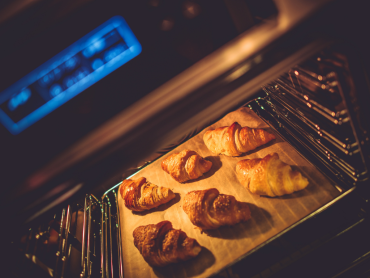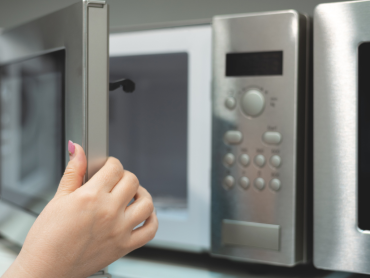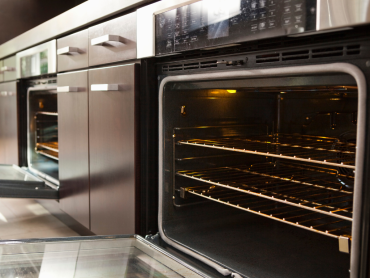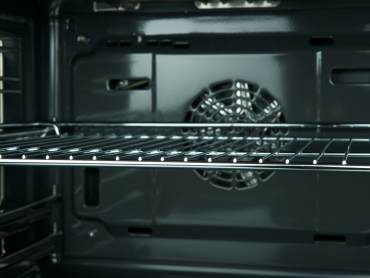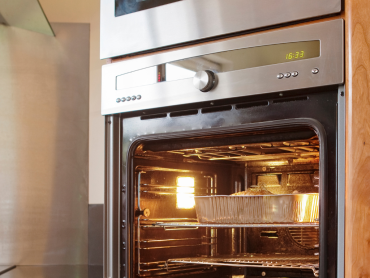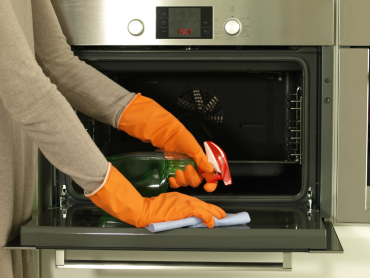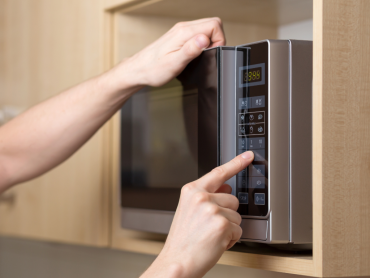Category: Uncategorized
-
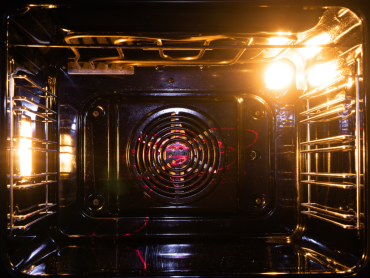
Key Takeaway: Understanding the resistance of an oven heater element is essential for proper performance and maintenance of the appliance. The resistance wire, composition, and importance of the heating element all play significant roles. Wattage and ohms of the oven heating element are important factors to consider when selecting the right replacement part for a…
-

Key Takeaway: Leaving an oven on when not home is a leading cause of home cooking fires. It’s important to practice oven safety and take necessary precautions to avoid such fires. Dangers of leaving an oven unattended include common causes of oven fires, risk of carbon monoxide poisoning, and potential electric oven risks. To avoid…
-

Key Takeaway: Understanding smoke point is crucial when using oil in the oven. Exceeding the smoke point can result in unpleasant flavors and even the release of harmful chemicals in the air. When selecting oils to use in the oven, it’s important to choose oils with a high smoke point, such as canola or vegetable…
-

Key Takeaways: It is important to use glass lids in the oven safely to avoid accidents and damage to both the cookware and the oven. Factors affecting the safety of glass lids in the oven include temperature, cookware type, and the presence of heat-resistant labels or symbols. Pyrex glass lids can be safely used in…
-

Key Takeaway: Cooling racks are useful for cooling baked goods outside of the oven: After baking, transferring hot baked goods onto a cooling rack helps to prevent the formation of steam and condensation, which can cause sogginess. This ensures that baked goods cool evenly, with air circulating around them. Not all cooling racks are safe…
-

Key Takeaway: Self-cleaning ovens can be dangerous: There is a risk of carbon monoxide poisoning due to the high temperatures and the release of toxic fumes during the cleaning process. It is important to take the necessary safety measures before activating the self-cleaning feature. Carbon monoxide poisoning is a serious risk: The most dangerous aspect…
-

Key Takeaways: Oven explosions are rare occurrences, but they can cause serious damage to your home and pose a risk to your safety. An oven door can explode due to factors such as tempered glass limitations, scratches on the glass, and improper use of the oven. To prevent an oven door from exploding, avoid using…
-

Key Takeaway: Oven cleaners are typically alkaline in nature, with a pH level of around 10-14, which makes them a base rather than an acid. The most common ingredient in oven cleaners is sodium hydroxide, also known as lye, which can be very harmful if not handled properly. It is important to take cautionary measures,…
-

Key Takeaways: Turning off a self-cleaning oven early can lead to a partially cleaned oven and potential damage to the appliance. It is important to let the cycle complete, which can take up to several hours depending on the model and level of dirtiness. Aborting a self-cleaning cycle can also result in the oven locking…
-

Key Takeaway: Ever experienced a smell of gas while preheating your oven? Worried something’s wrong? Don’t be! Here, you’ll discover possible causes of the gas-like smell. Plus, how to fix it safely. Find the right solution. Then, you can get back to enjoying your yummy homemade meals quickly! Understanding Gas Smell during Preheating Understanding Gas…

